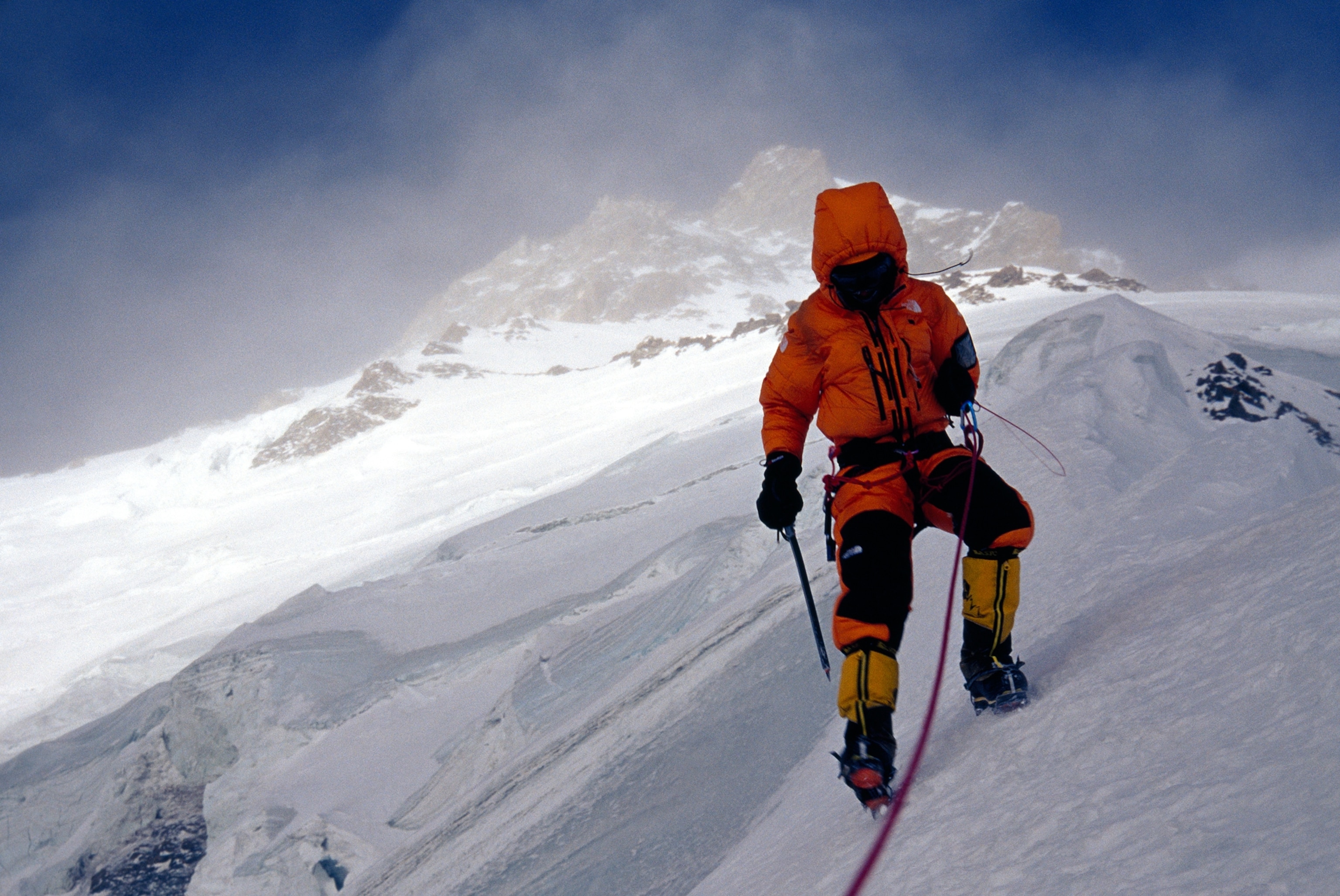
Pakistan Attack Casts Light on Troubled Climbing Zones
A weekend attack in Pakistan left ten mountain climbers dead.
Extreme mountaineering is dangerous enough without terrorism, crime, or geopolitics entering the picture. A weekend attack against a group of foreign climbers on Nanga Parbat, Pakistan's second-highest mountain, reportedly left ten dead, including two Chinese, one Nepalese, an American citizen, a Pakistani guide, and a group of Eastern Europeans.
"A spokesman for the Pakistani Taliban claimed responsibility for the killings," the New York Times reported, "which he said were in retaliation for American drone strikes in the tribal belt."
It was the first attack in more than a decade against tourists in northern Pakistan's Gilgit-Baltistan region, which borders the troubled India-administered Kashmir region. But terrorism and geopolitical violence have made plenty of sought-after peaks even more dangerous than they'd naturally be.
The threat of violence or political instability have made for difficult climbing at many sites around the world. This isn't a comprehensive list, but here are nine of the world's notably troubled climbing and trekking locales. What places would you add? Let us know in comments.
Pakistan
As tensions against Westerners have heightened in other parts of Pakistan in recent years, the remoteness of Gilgit-Baltistan's peaks seemed to offer a measure of protection to foreign climbers, who flock to its world-class peaks each spring and summer. That changed this weekend.
Kashmir
The India-controlled Kashmir region relies heavily on tourism, which includes a large mountaineering sector. In 1995 Islamist terrorists kidnapped six foreign tourists trekking in the mountains of Kashmir. One tourist escaped, one was decapitated, and the rest are presumed dead. Attacks on foreigners are rare but not unknown. Tensions in Kashmir and surrounding regions frequently escalate based on a raft of factors, including flare-ups in Islamabad-New Delhi relations, issues related to Afghanistan, and other cultural and religious events.
Nepal
At the start of last May's Everest climbing season, an altercation between Sherpa and Western climbers escalated to near tragedy before cooler heads prevailed on both sides. Physical confrontation between Sherpa and Westerners, though not unheard of, has been rare on the world's most tallest mountain. During the mid-2000s foreign trekkers and climbers in the Khumbu region reported Maoist rebels attempting to extort money from them, though the practice seems to have ended.
Kyrgyzstan
In 2000 militant Islamists kidnapped four American climbers in the Kara-su Valley, near where the borders of Kyrgyzstan, Uzbekistan, and Tajikistan converge. The four narrowly escaped when they pushed one of their guards off a cliff and fled to a Kyrgyz army base.
South Caucasus Mountains
Arrayed across the Republic of Georgia's northern border with Russia, the South Caucasus remain tense, especially in the occupied regions of Abkhazia and South Ossetia, the scene of civil wars during the 1990s and a 2008 conflict with Russia. The U.S. State Department warns of possible criminal attacks, kidnapping, and unexploded ordnance in the region.
Iran
In 2009 three American hikers were arrested by Iranian authorities who accused them of espionage when the trio allegedly strayed from Iraq into Iranian territory. One hiker was released in 2010 and the others in 2011. International sanctions make it difficult if not impossible for American and British climbers to obtain visas. However, the Iranian Mountain Federation and Iranian Alpine Club welcomed 52 foreign climbers to the second International Rock Climbing Festival on Bisotun, a peak in Western Iran's Zagros Range.
Burma
The military government holds tight control over Burma's northern mountains, which comprise the eastern end of the Himalayas. Sporadic fighting with Kachin rebels in the region generally has kept out climbing expeditions.
Tibet
Though violence against foreigners is unlikely in Tibet, tensions related to the highly controversial issue of Tibetan independence keep authorities in the region on alert. Access is tightly controlled by the Chinese government, and travel to the region is permitted only via a licensed Chinese travel or guide service.
Mexico
To date there have been no reports of climbers attacked in popular Mexican climbing areas such as El Potrero Chico in Nuevo León, but many brutal killings and kidnappings related to the country's ongoing drug wars have occurred in surrounding areas. The State Department warns U.S. citizens to stay away.